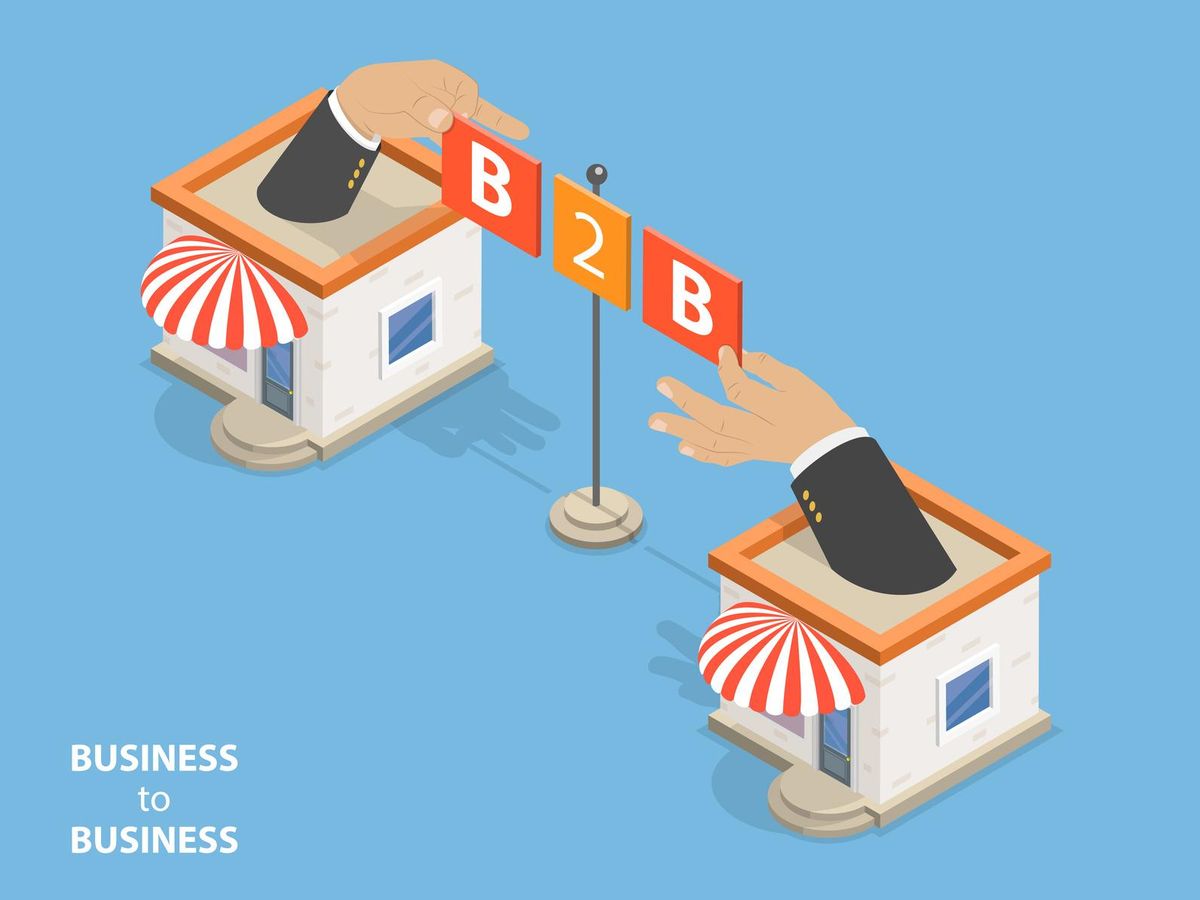
Why Your Business Should Be Part of the B2B Sharing Economy
By Eric Bandin
While the sharing economy may be a relatively new concept, at its root it really only provides a new solution to one of the oldest and most firm economic principles: supply and demand.
Driver X has a car that isn’t being used, some free time, and would like to make some money. Rider Y is located in the same area, needs a ride, but doesn’t want to pay the fee for a taxi. To match that demand with unused supply, we have Uber.
Vacationer X wants to go on a vacation but doesn’t want to be around a thousand other people in a hotel, or perhaps has a large family that needs a house instead of disjointed hotel rooms. Property owner Y has a house on the beach in Honolulu that is empty while he is on vacation. To match that demand with unused supply, we have Airbnb and Vrbo.
Businesses have always focused on filling unmet demands in the marketplace, and in finding the most efficient and cost-effective way to do so. With so much success in the P2P and B2C sharing economies, it’s a wonder that the B2B sharing economy took so long to come online. But now that it has, it’s taken off like gangbusters.
A Business.com survey found that a quarter of companies today use the sharing economy to hire contractors and freelancers, and 13% use it for technology services. While companies providing B2B sharing economy platforms haven’t quite entered the lexicon in the way that some P2P companies have, they have found substantial success—and this includes both startups and traditional companies alike.
The B2B sharing economy is happening now
Take warehouse space, for example. Did you know that in the United States, a percentage of warehouse storage space goes unused on any given day? As any free-market economist will tell you, at some point in a perfect system, any inefficiency will be worked out of that system.
That arbitrage has been met by on-demand platforms such as FLEXE, Flowspace, and SpaceFill (France). These companies realized that there was an unmet supply and demand inefficiency in the marketplace, and created platforms bringing together warehouse owners and businesses in need of temporary supply space.
Take a moment to think about the long-term implications of this type of short-term, B2B interaction. If you are a manufacturer who gets an extraordinarily large order and needs extra space for a very short period of time, you don’t want to rent a new warehouse that requires a long-term contract. On the flip side, if you own a warehouse that is underutilized for any number of reasons and is sitting empty, it is never a bad idea to put an unused asset to work to bring in a little extra revenue.
Let’s take this a step further in the supply chain from warehouses and look at transportation. Did you know that cargo trucks in the United States spend more than 20% of their travel time with empty or unfilled loads? This is just another example of an underutilized asset capacity, and now companies like Convoy and its Automated Reloads program are working to help these trucks maximize their utilization.
Good collaborative decisions and how they lead to growth
One of the beautiful things about B2B sharing economy platforms is that companies aren't locked into long-term contracts that may start off great for both parties, but can sour over time. These arrangements allow companies to be agile by providing a wealth of resources to meet immediate, short-term capacity needs in a pinch. They typically don’t require long-term contracts, they don’t require teams of lawyers to negotiate terms, and they don’t force companies into making deals that either party doesn’t like or want.
They are simply balancing out the supply and demand equation when needed most. One example of this is WeWork, which, through a membership app, rents out everything from large office spaces to on-demand workstations. WeWork's member network includes large companies, small businesses that can’t afford to rent their own office space and don’t want to be locked into long-term contracts, and freelancers who want the ability to rent a desk in a shared office space for a day.
Why become part of the B2B sharing economy?
So why would a company decide to make the leap to move into a B2B sharing economy platform rather than sticking with their traditional suppliers or methods? There are a plethora of reasons.
First, companies can reduce capital expenditures by renting or sharing equipment only when needed, rather than purchasing an asset that may sit unused for any period of time. If they choose to rent out or share their underutilized equipment, for example, they can bring in an additional revenue stream via those underutilized assets.
Next, they can greatly increase their resilience and agility. Covid and the resulting lockdowns made life very difficult for many small businesses, but the ability to rent out assets to other companies means that even if a company’s assets aren’t being used in their normal scope of business, they can still bring in revenue.
On the other side of that equation, companies that have a need for expensive machinery, or perhaps have a higher temporary demand than their current assets can meet, can be matched with another company that has the very assets they need and when they need them.
And as mentioned earlier, often these platforms allow quick, agile, temporary solutions that don't require any form of long-term contract that the traditional model may require. Just identify a need, log on to an app, and book your time, freight, office space, or anything else that your business may need.
A brighter future for U.S. businesses
The Covid pandemic and lockdowns wreaked havoc on many small businesses. With sharing economies now existing for the B2B market, hopefully, we have found a way for more small businesses to weather nearly any storm. Whether it be changing demand cycles or a need to make up lost revenue, B2B sharing economy platforms offer a number of solutions to problems businesses face.
Whether it be last-minute orders that are needed in a rush, finicky customers who change designs at the last minute, or seasonal demand causing expensive equipment to go unused for periods of time, it seems B2B sharing economy platforms have been able to connect small businesses together in ways never before imagined.
If you feel left out because a sharing economy platform currently doesn't exist in your industry, innovations emerging across different segments over the past few years seem to indicate that one may be coming soon.
Will you be a part of this new economy, or watch as it passes you by?
RELATED: 4 Steps to Finding Your Perfect Cross-Promotional Marketing Partner
About the Author
Post by: Eric Bandin
Eric Bandin is a Content Specialist at COOP by Ryder. He brings over eight years of experience as a copywriter covering topics such as optimizing vehicle utilization, commercial vehicle rental demand, and fleet management. His articles in the transportation industry thought leadership are driven by rental demand insights from COOP, the largest nationwide commercial vehicle sharing platform.
Company: COOP by Ryder
Website: www.coop.com



